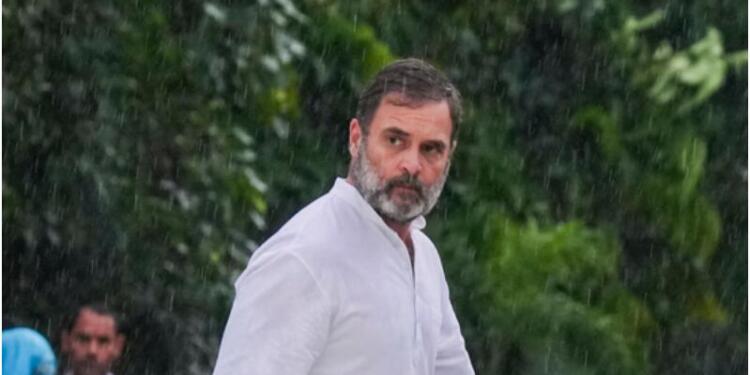Rahul Gandhi, the knight in shining armor for Dalits and Muslims, has once again demonstrated his uncanny ability to view the world through a caste-colored lens. While the nation was left horrified by the brutal Kolkata rape case, Gandhi remained unusually silent. Days passed, and the silence lingered, raising questions about where his well-publicized empathy had wandered off to.
Then came a moment of reckoning—or at least, it should have been. During a visit to Raebareli, a journalist dared to ask Gandhi about the Supreme Court’s intervention in the Kolkata rape case. But instead of addressing the issue head-on, Gandhi played his favorite card: deflection. “I know you’re trying to distract me because you don’t want to highlight the murder of a Dalit boy,” he retorted, steering the conversation away from the issue at hand.
It seems Gandhi has perfected the art of selective empathy, where his concern is directly proportional to the electoral benefit. When it comes to crimes against Dalits or Muslims, Gandhi is quick to don the mantle of justice. But when victims don’t fit neatly into his political narrative, his outrage is mysteriously delayed, if it appears at all.
One can’t help but wonder: Does Gandhi truly believe that justice should be viewed through the prism of caste? Does a crime only deserve his attention if it serves his political agenda? The journalist’s question wasn’t an attempt to distract but rather to highlight the glaring inconsistency in Gandhi’s approach to justice.
Gandhi’s response in Raebareli only reinforces the uncomfortable truth: in his world, empathy isn’t universal—it’s a tool, selectively deployed to serve his vote-bank politics. When will Rahul Gandhi realize that crime, in its purest form, knows no caste, and justice should be blind to all but the truth?




















